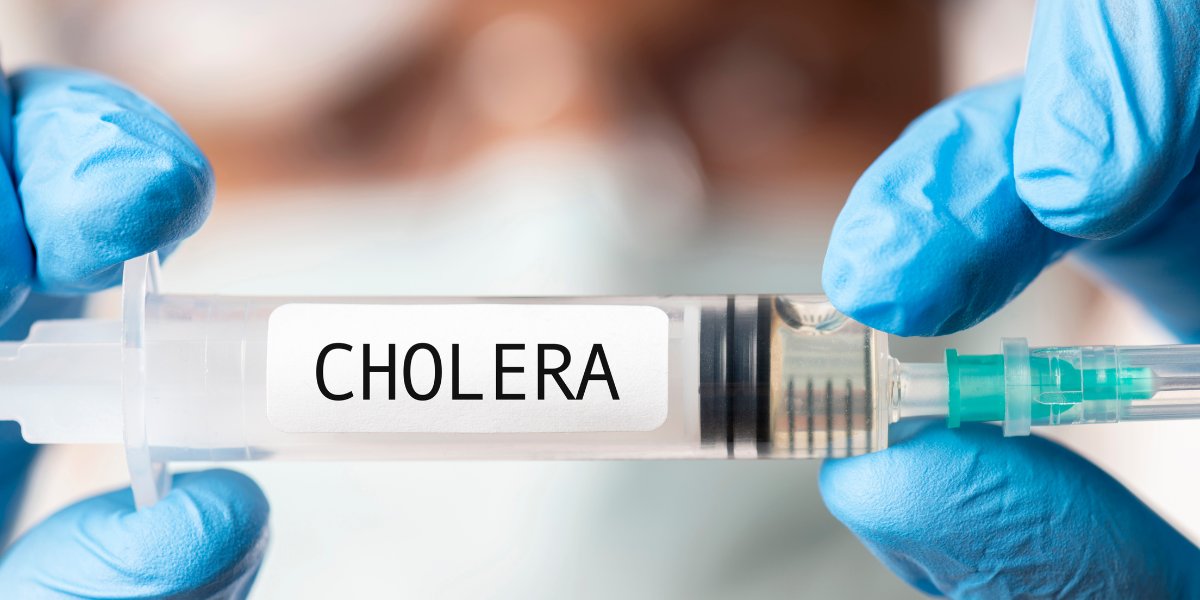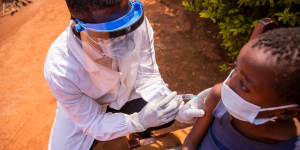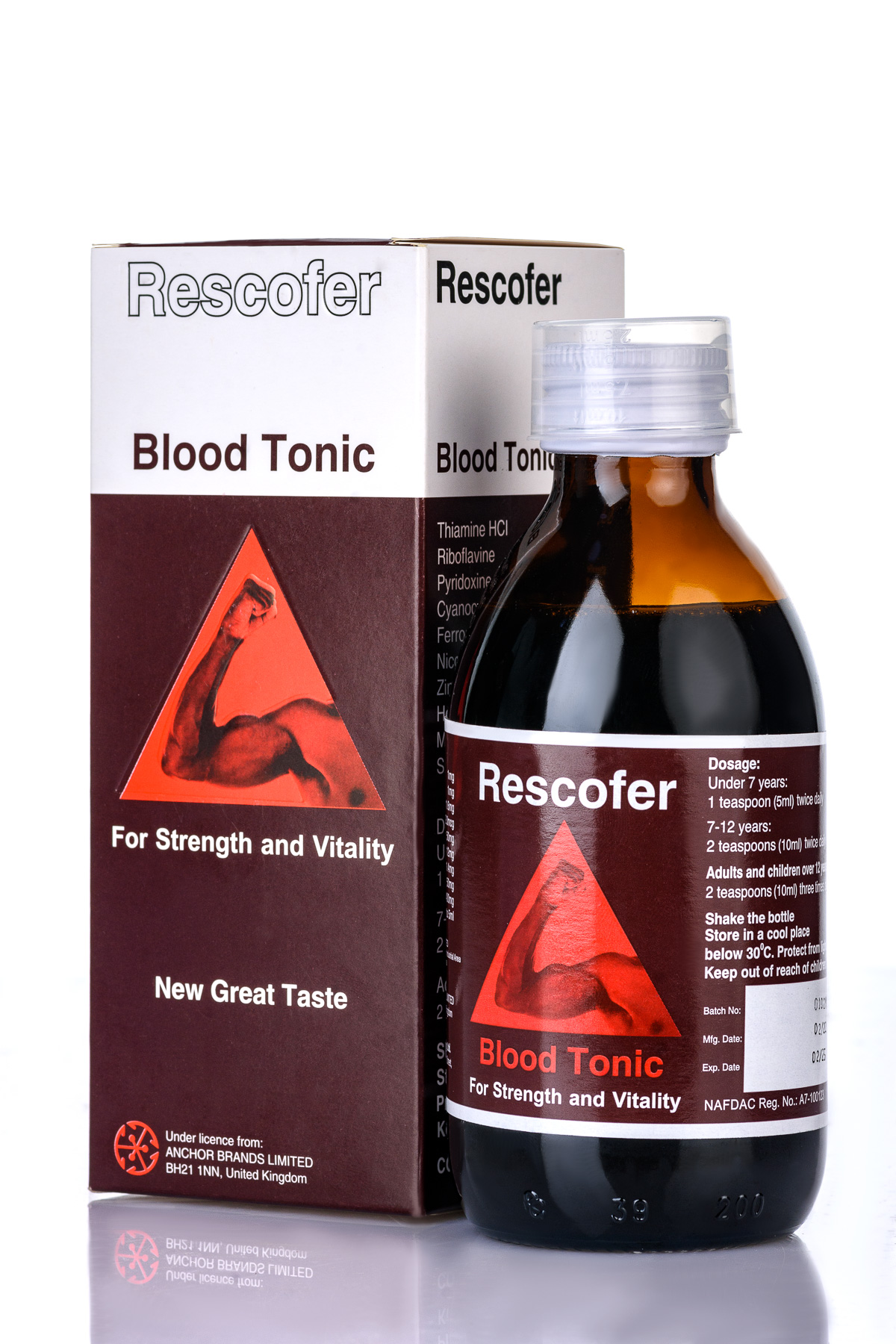Cholera: Nutritional Measures to Manage Cholera

Nutritional Measures for Cholera Manage
Cholera, an acute diarrheal disease caused by the bacterium Vibrio cholerae, can lead to severe dehydration and even death if not treated promptly. Alongside medical treatment and rehydration, proper nutritional management plays a crucial role in supporting recovery and maintaining the health of individuals affected by cholera. This article explores the nutritional measures essential for managing cholera effectively.
Importance of Nutrition in Cholera Management
When a person is afflicted with cholera, the primary concern is rapid fluid loss through diarrhea and vomiting, which leads to severe dehydration and electrolyte imbalance. Nutrition helps in two critical ways: replenishing lost nutrients and supporting the body’s recovery process.
Key Nutritional Strategies
- Oral Rehydration Solutions (ORS)
- Primary Tool: ORS is the cornerstone of cholera treatment, containing a precise mixture of salts and sugars that help rehydrate the body. It helps replace lost fluids and electrolytes, thereby preventing severe dehydration and its complications.
- Composition: ORS typically includes sodium chloride, potassium chloride, glucose, and citrate, dissolved in clean water. The glucose in ORS facilitates the absorption of sodium and water in the intestines.
- Hydration with Safe Fluids
- Water: Ensuring a continuous intake of safe, clean water is vital. Boiled or treated water is recommended to avoid further contamination.
- Broths and Soups: Light broths and soups can be beneficial as they not only provide fluids but also essential nutrients and electrolytes.
- Coconut Water: This natural beverage is an excellent source of electrolytes, particularly potassium, and can be a useful addition to the rehydration strategy.
- Easily Digestible Foods
- Rice: Cooked rice is easy to digest and helps in binding stools. It provides necessary carbohydrates that are essential for energy.
- Bananas: Bananas are rich in potassium, an electrolyte that is often depleted in cholera patients. They also provide easy-to-digest carbohydrates.
- Yogurt: Probiotic-rich yogurt can help restore the natural gut flora, which may be disrupted during a cholera infection. It also provides protein and calcium.
- Porridge: Made from grains like rice, oats, or maize, porridge is easy on the stomach and provides essential nutrients and energy.
- Nutrient-Rich Foods
- Lean Proteins: Once the patient starts recovering, introducing lean proteins such as chicken, fish, and legumes can help rebuild strength and repair tissues.
- Fruits and Vegetables: These provide essential vitamins and minerals needed for the recovery process. Foods like boiled potatoes, carrots, and applesauce are gentle on the stomach.
- Zinc Supplementation
- Role of Zinc: Zinc supplements have been shown to reduce the duration and severity of diarrhea in children with cholera. Zinc supports the immune system and helps repair intestinal cells.
- Administration: Zinc supplements should be administered according to healthcare guidelines, typically 20 mg per day for 10-14 days for children over six months, and 10 mg per day for younger infants.

- Continued Breastfeeding
- Infants and Young Children: For breastfeeding infants, it is crucial to continue breastfeeding during and after a cholera episode. Breast milk provides essential nutrients and antibodies that support the baby’s immune system and hydration needs.
Nutritional Precautions
- Avoid High-Fiber Foods: During the acute phase of cholera, high-fiber foods can aggravate diarrhea. It’s best to avoid raw vegetables and whole grains until recovery is well underway.
- Minimize Fatty Foods: High-fat foods can be difficult to digest and may worsen gastrointestinal symptoms. Stick to low-fat options until the patient fully recovers.
- Ensure Food Safety: All foods should be prepared and stored hygienically to prevent further infections. This includes thorough washing of fruits and vegetables, cooking meats thoroughly, and avoiding street foods.
Supporting Long-Term Recovery
- Balanced Diet: Post-recovery, a balanced diet rich in proteins, carbohydrates, fats, vitamins, and minerals is essential to restore overall health.
- Gradual Reintroduction of Foods: Slowly reintroducing a variety of foods helps the digestive system adjust and prevents further gastrointestinal issues.
In conclusion, nutritional management is a critical aspect of cholera treatment that complements medical and rehydration therapies. By focusing on hydration, easily digestible foods, nutrient-rich options, and food safety, patients can recover more effectively and reduce the risk of complications. Continuous education on these nutritional measures is vital, especially in regions prone to cholera outbreaks, to ensure better health outcomes and quicker recovery for affected individuals.


